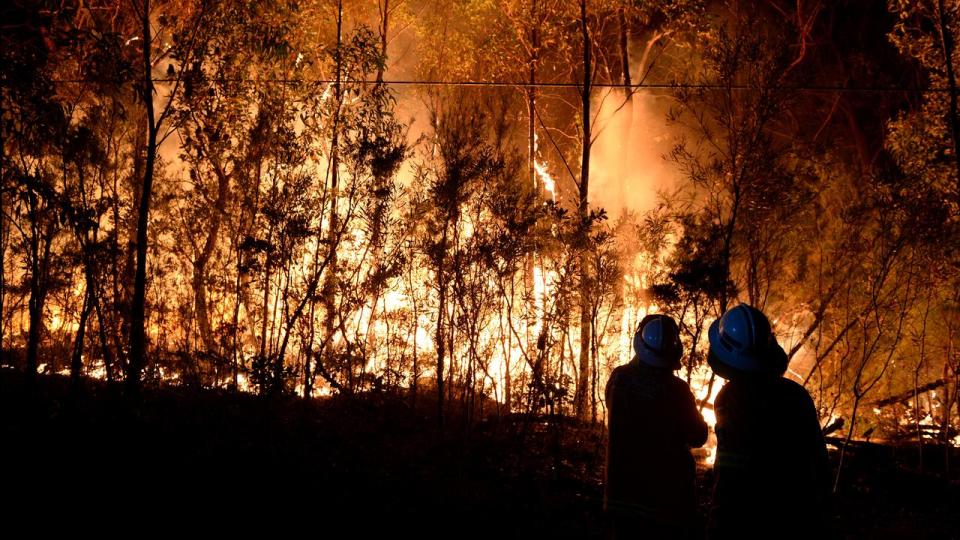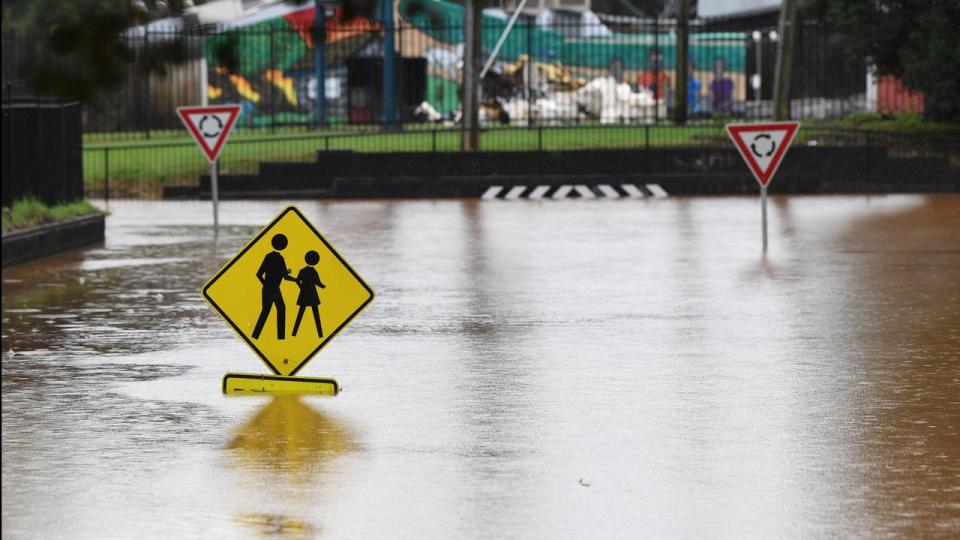'War zone stuff': how DV rises after natural disasters
One woman lived in fear when her husband started drunkenly punching his car and throwing glass bottles at her.
Another recognised her partner's worsening violence when her young son abruptly told a stranger: "My dad is really mean to my mum."
As another woman drove on a country road, her husband suddenly pulled on the hand brake during an argument.

It has been more than a decade since these stories about domestic abuse in the wake of Victoria's 2009 Black Saturday bushfires were shared in a landmark study showing gendered violence escalates after disaster.
Research has since revealed dramatic spikes in domestic violence during the millennium drought, throughout COVID-19 lockdowns and after the 2022 NSW Northern Rivers flood catastrophe.
Communications were wiped out during the floods, forcing case workers to phone women using small antennas attached to generators in their cars, according to a post-disaster report by peak body Domestic Violence NSW.
"This is war zone stuff," a worker said in a submission to a state parliament inquiry.
But despite years of mounting evidence, Australian researchers say climate and environment policies still do not adequately recognise the greater dangers faced by women during and after disasters.
Women are 14 times more likely to die in a natural disaster and account for 80 per cent of people displaced in the aftermath, according to an in-depth report by Women's Environmental Leadership Australia.
"The impacts are not at all equal," the organisation's research manager Carla Pascoe Leahy told AAP.
"There's the social disadvantage, but women are also economically disadvantaged and ... when a crisis strikes, they've got less security and fewer resources to draw upon."
Violence against women often escalates during a disaster because traditional gender roles tend to become more deeply entrenched, the report said.
While men generally take on roles seen as heroic - like flood rescues, firefighting, clean-up and reconstruction - women carry a greater burden of caring work.
Emergency worker Steve O'Malley educates first responders about how gendered expectations can normalise violence during extreme events.
"Research ... has found that perpetrators of violence were men who were also responders to the disaster, so there was a sense they should be forgiven," Mr O'Malley said.
"There is a conflation between causes of violence - which is power and the choice to be violent - but the community forgave it because of what the men had been through."
He believes preventing gendered violence should be the "core business" of the often male-dominated emergency sector.

Dr Pascoe Leahy, who led the women's leadership research, said there should be a gender lens on environmental policies to better protect vulnerable groups from the disproportionate effects of disasters.
"We've got fabulous research in the Australian context that policymakers can use to start to respond to this," she said.
"It needs to get on their radar."
1800 RESPECT (1800 737 732)
Lifeline 13 11 14


